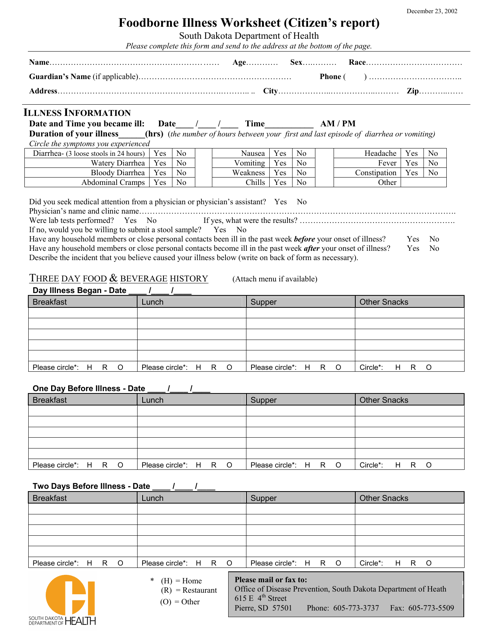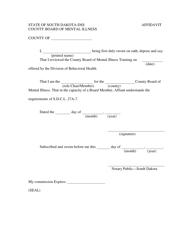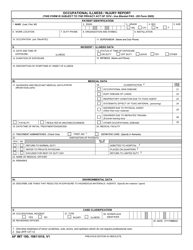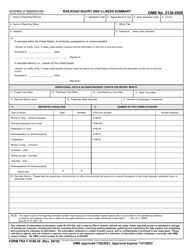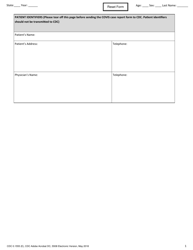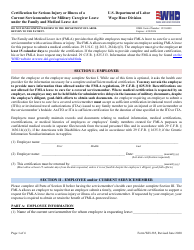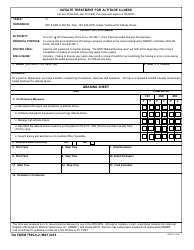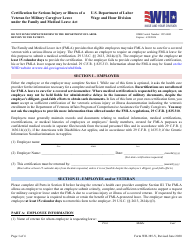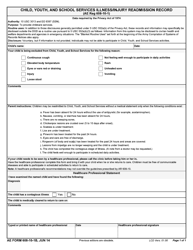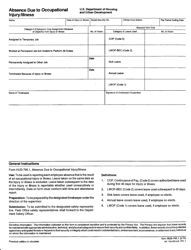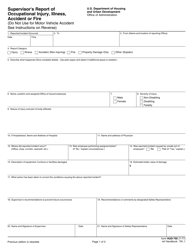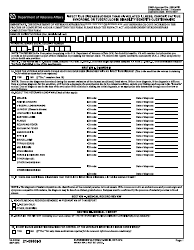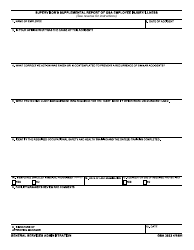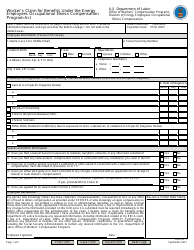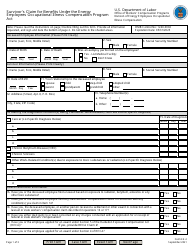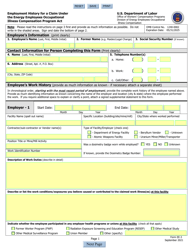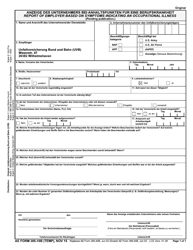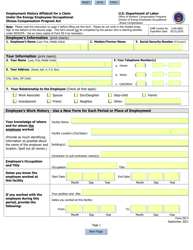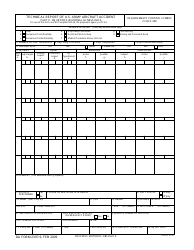Foodborne Illness Worksheet (Citizen's Report) - South Dakota
Foodborne Illness Worksheet (Citizen's Report) is a legal document that was released by the South Dakota Department of Health - a government authority operating within South Dakota.
FAQ
Q: What is a foodborne illness?
A: A foodborne illness is a disease that is caused by consuming contaminated food or beverages.
Q: What are the symptoms of foodborne illness?
A: Symptoms of foodborne illness may include nausea, vomiting, diarrhea, stomach cramps, and fever.
Q: How long does it take for symptoms of foodborne illness to appear?
A: Symptoms of foodborne illness can appear within a few hours to several days after consuming contaminated food.
Q: What are some common causes of foodborne illness?
A: Common causes of foodborne illness include bacteria (such as Salmonella and E. coli), viruses, parasites, and toxins produced by certain molds and bacteria.
Q: How can food become contaminated?
A: Food can become contaminated through improper handling, storage, or cooking, as well as through cross-contamination with raw meat, poultry, seafood, or unwashed produce.
Q: What should I do if I suspect that I have a foodborne illness?
A: If you suspect that you have a foodborne illness, you should contact your local health department or healthcare provider for guidance.
Q: How can I prevent foodborne illness?
A: You can prevent foodborne illness by practicing good food safety habits, such as washing your hands regularly, cooking food to the proper temperature, and avoiding cross-contamination.
Q: Are there any specific foods that are more likely to cause foodborne illness?
A: Certain foods, such as raw or undercooked eggs, raw sprouts, unpasteurized milk or cheese, and undercooked meat or poultry, are more likely to cause foodborne illness.
Q: What should I do if I suspect that a food establishment is responsible for a foodborne illness?
A: If you suspect that a food establishment is responsible for a foodborne illness, you should report it to your local health department.
Q: Is it safe to eat leftovers?
A: Leftovers can be safe to eat if stored properly and reheated to the proper temperature. However, it is best to consume leftovers within a few days.
Form Details:
- Released on December 23, 2002;
- The latest edition currently provided by the South Dakota Department of Health;
- Ready to use and print;
- Easy to customize;
- Compatible with most PDF-viewing applications;
- Fill out the form in our online filing application.
Download a printable version of the form by clicking the link below or browse more documents and templates provided by the South Dakota Department of Health.
